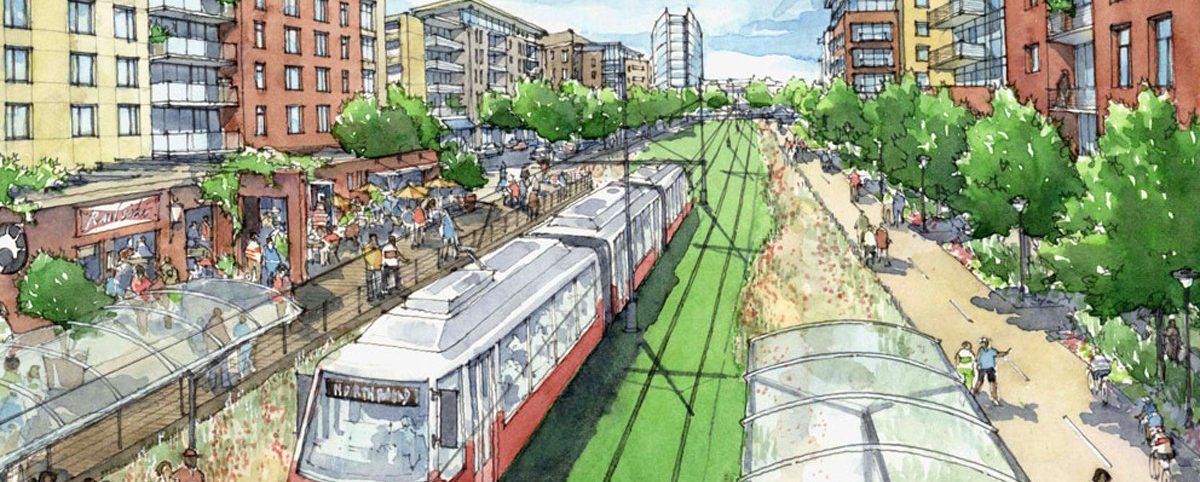Case Study: Economic Impact Analysis and Metropolitan Growth Strategy for the Atlanta Beltline
Atlanta, Georgia

Project Type:
- Economic Impact Analysis
- Implementation Strategy
- Market Analysis
- Metropolitan Growth Strategy
Product Type:
- Industrial / R&D
- Retail
- Office
Development Concepts:
- Transit-Oriented Development
The Challenge
During the past 20 years, metropolitan Atlanta’s growth has occurred in widely spread and disconnected pockets of development which have strained the region’s quality of life and economic growth. Changing the way Atlanta grows is the goal of Atlanta BeltLine Inc. (ABI), the entity charged with attracting and organizing some of the region’s future growth around parks, transit, and trails. Doing so requires massive planning and articulating a market rationale why the Atlanta region might grow differently if transit and parks infrastructure were in-place, as well as convincing public and private stakeholders that such an investment would be offset by private sector investments.
Solution
In 2004, RCLCO conducted a macro-level market analysis for the BeltLine Study Area as part of the due diligence for the creation of the BeltLine Tax Allocation District (TAD), a value capture mechanism to fund local infrastructure improvements. RCLCO’s analysis laid the framework for the creation of the TAD by assessing existing market conditions and projecting 30-year demand for residential and commercial uses within various iterations of the TAD boundaries. Following the establishment of the BeltLine TAD and ABI, in 2008 RCLCO updated the original market forecasts, taking into consideration the changes that had affected the BeltLine since the original study and the more clearly defined size and scope of the BeltLine plan. In 2011 as a part of a large multidisciplinary team, RCLCO worked with ABI to create a transit implementation strategy for ten subareas identified as priority corridors for early implementation and incorporated the impact of other investments such as the downtown streetcar into the TAD development forecasts.
Impact
RCLCO’s work laid the foundation for the funding strategy and implementation of the first phases of the BeltLine trail. While the BeltLine is still planned for transit, the private sector response along the Eastside Trail and to the announcement of future expansion segments already demonstrates the enormous impact of the parks, open space, and connectivity on in-town neighborhoods previously overlooked for new development. Since 2010, neighborhoods along the Eastside Trail have seen 1,150 units of new construction, with a 5.0% average annual increase in rents and is one of the most sought after areas of Atlanta for young professionals. Developers are closely tracking future expansion segments and RCLCO has worked with multiple parties to evaluate how the extension of the BeltLine will impact their sites’ development opportunity in the coming years.
VIEW MORE CASE STUDIESSpeak to One of Our Real Estate Advisors Today
We take a strategic, data-driven approach to solving your real estate problems.
Contact Us